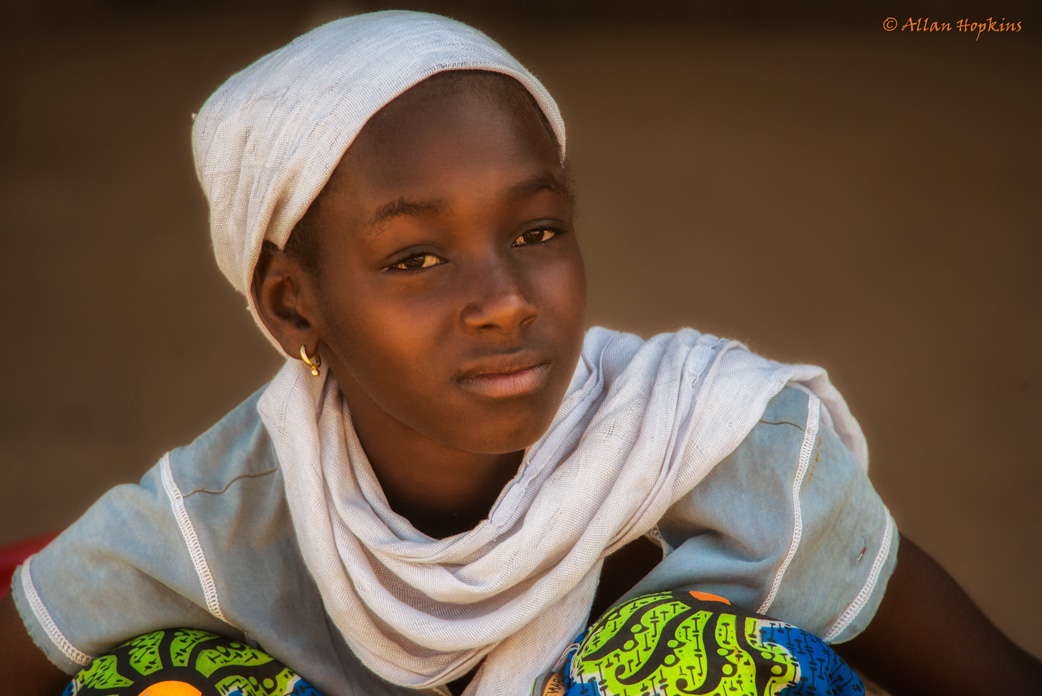The Independent Human Rights Commission of Afghanistan has voiced concern over “virginity tests” carried out on women or girls accused of sex outside marriage.
The commission, known as the AIHRC, said females were forcibly subjected to the invasive vaginal and rectal tests after being accused of “moral crimes” by judiciary institutions.
The results of the examinations were then used as evidence in the defendants’ trials.
The national institution interviewed 53 women and girls – some as young as 13, who had been accused of having sex outside marriage, which is punishable by up to 15 years in prison in the country.
A large majority of them said they were forced into virginity tests by government doctors. Twenty of them were examined more than once.
The AIHRC also questioned the legitimacy of the methods used in the tests, saying they were being conducted without considering scientific inaccuracies and misinterpretations, as well as corruption in government institutions, and technical insufficiency that could affect the exams’ results.


